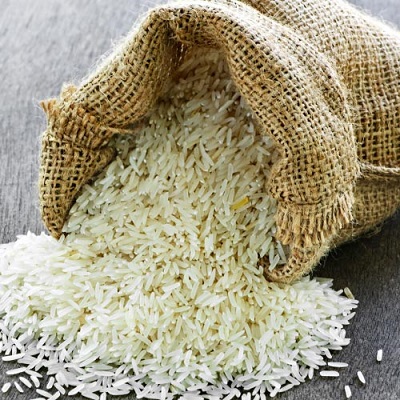The partners of the Eat Ghana Rice Campaign have made an urgent appeal to Ghanaians to prioritise the consumption of locally produced rice to help address the ongoing glut in the market and protect the livelihoods of thousands of farmers.
The call follows reports that about 1.3 million metric tonnes of paddy rice are currently unsold and stored in warehouses across the country due to a lack of buyers. The campaign partners warn that the situation poses a serious threat to farmers who have recorded bumper harvests this year.
In a statement, the group commended the government and the National Food Buffer Stock Company (NAFCO) for their efforts to purchase some of the excess rice but noted that government interventions alone cannot resolve the crisis.
“While we support these efforts by the government to mop up the glut, we call on Ghanaians to join the efforts and play our individual roles in helping tackle the challenge,” the statement said. “The simple act of choosing Ghana Rice over imported ones will reduce the glut and empower our agricultural sector for the long term.”
The campaign partners — including the John A. Kufuor Foundation, Competitive African Rice Platform (CARP) of the ECOWAS Rice Observatory (ERO), Ghana Rice Interprofessional Body (GRIB), Peasant Farmers Association of Ghana (PFAG), Hopeline Institute, Farm Wallet, and AGRA — said advances in local rice production have addressed long-standing concerns about quality.
They explained that modern milling technologies, such as dehusking, grading, polishing, and colour sorting have eliminated stones and foreign materials from locally produced rice, making it comparable to imported brands.
“Ghana Rice grains are now beautifully polished, consistent in size, and deliver the non-sticky, fluffy texture that is essential for perfect Jollof, Waakye, and plain rice dishes,” the statement noted, adding that locally produced rice is also fresher, more nutritious, and affordable.
The campaign cited data from the Ghana Statistical Service’s 2024 Trade Report, which showed that rice accounted for 7.8% of total food imports, costing the nation about GHS 3 billion last year.
“Every grain of imported rice purchased is a vote of confidence in foreign farmers and foreign economies,” the statement stressed, urging citizens to see consuming Ghana Rice as a patriotic act and a direct investment in the local economy.
According to the partners, increasing domestic consumption of Ghana Rice will create jobs, support women and youth in agriculture, and help stabilise the cedi by reducing import expenditure.
They encouraged individuals, households, restaurants, and institutions to choose Ghana Rice as a way of strengthening the local economy and ensuring food security.
….
Explore the world of impactful news with CitiNewsroom on WhatsApp!
Click on the link to join the Citi Newsroom channel for curated, meaningful stories tailored just for YOU:
https://whatsapp.com/channel/0029VaCYzPRAYlUPudDDe53x
No spam, just the stories that truly matter! #StayInformed #CitiNewsroom #CNRDigital
